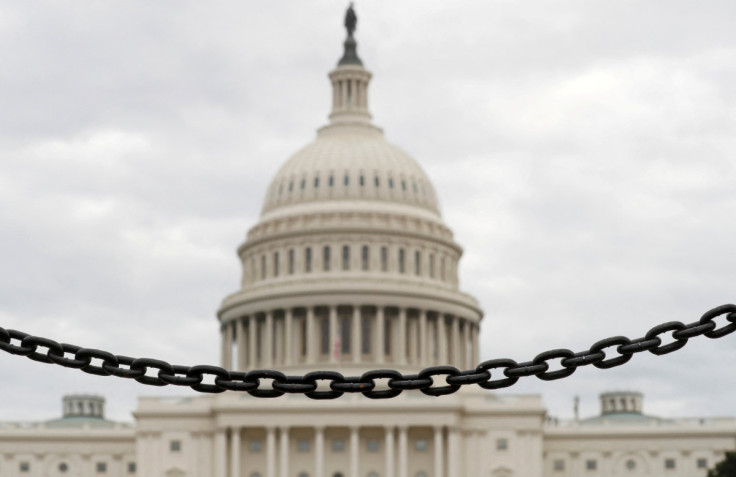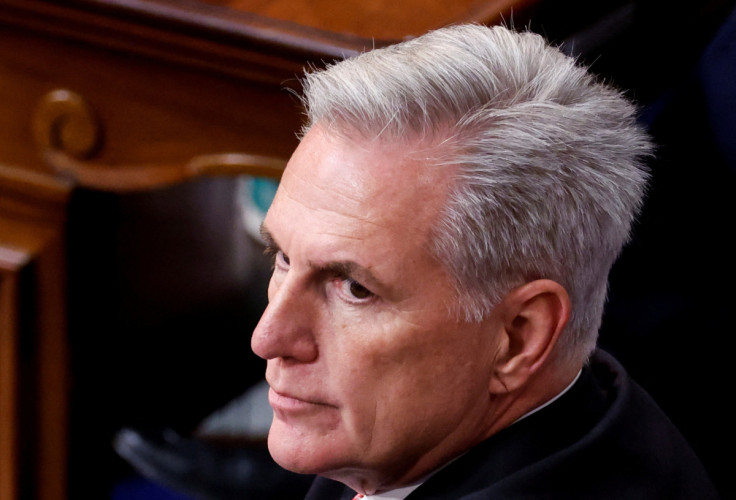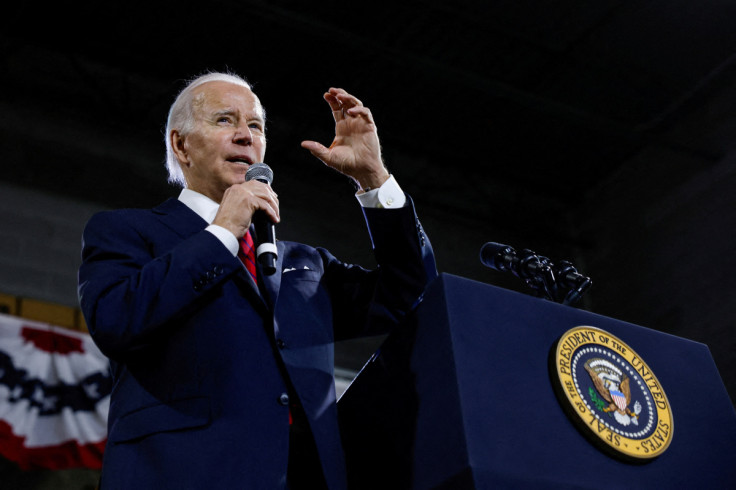House Speaker McCarthy To Discuss Debt Limit, Spending With Biden On Wednesday

House of Representatives Speaker Kevin McCarthy on Sunday said he will meet with President Joe Biden on Wednesday to discuss raising the federal debt ceiling while controlling government spending, adding that Republicans will not allow a U.S. default.
"I know the president said he didn't want to have any discussions. But I think it's very important that our whole government is designed to find compromise," McCarthy told CBS' "Face the Nation" program.
"I want to find a reasonable and a responsible way that we can lift the debt ceiling (and) take control of this runaway spending," McCarthy added.
The U.S. Treasury this month activated extraordinary cash management measures to avoid breaching the $31.4 trillion limit on federal debt imposed by Congress. But without an increase by early June, the Treasury has said it may run short of cash to pay the government's bills, raising the biggest threat of default since a debt ceiling standoff in 2011.
"There will not be a default," McCarthy said. "But what is really irresponsible is what the Democrats are doing right now, saying you should just raise the limit."
A White House spokesperson declined to comment but a White House official familiar with plans for the meeting confirmed the Wednesday timing. Biden previously pledged to discuss debt with McCarthy but the White House has said it will not negotiate over raising the debt ceiling.
Biden administration officials have framed the planned meeting with McCarthy as an opportunity to develop the two leaders' "working relationship."
McCarthy and other Republicans both in the House and Senatehave said they will not support an increase in the debt ceiling without budget cuts or spending reforms.
McCarthy did not provide details on specific demands, but ruled out immediate cuts for Social Security and Medicare, the costly retirement and health benefit programs for seniors, as part of any negotiations. But he said he wanted to "strengthen" the programs, without providing any details.
The House speaker, who agreed to rules that make it easier for his party to oust him over policy disagreements, said he would focus on discretionary spending, which has increased dramatically in the past two years with infrastructure and semiconductor legislation passed with bipartisan support and a green energy bill passed by Democrats.
"I think everything, when you look at discretionary, is sitting there. We shouldn't just print more money, we should balance our budget. So I want to look at every single department. Where can we become more efficient, more effective and more accountable?"
He said he also would look at defense spending to eliminate waste.
Asked if he would support a short-term extension of the debt limit until September as some lawmakers have suggested to buy time to pass spending bills, McCarthy said: "I don't want to sit and negotiate here. I'd rather sit down with the president and let's have those discussions."


© Copyright Thomson Reuters 2024. All rights reserved.




















